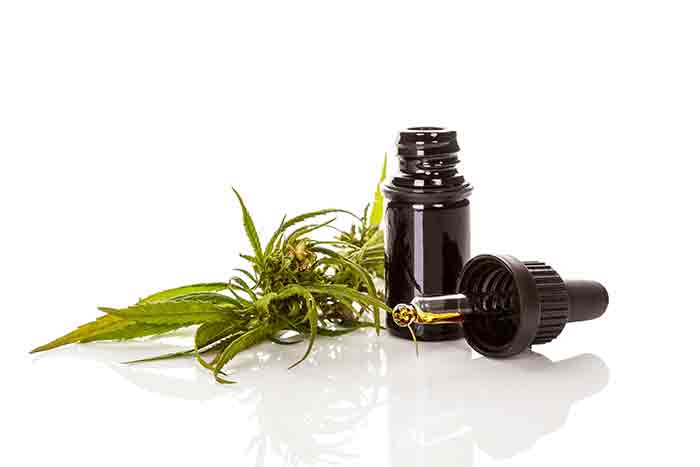11.21.2025
Sausage casings bulletin, November 21, 2025

...

Markets present unique opportunities in times of crisis, and if there is an upside to the coronavirus pandemic, it is both the availability of resources to fledgling hemp companies, and an uptick in online sales for CBD products. Many companies are reporting an increase for the e-commerce portion of their businesses, though it isn’t clear how that stacks up against previous overall sales.
Regardless of a lack of data for overall retail demand, wholesale hemp markets are showing movement. Biomass is moving with a number of entities choosing to arbitrage current biomass stocks rather than plant at previously planned levels. Some are reducing acreage; some are forgoing farming operations in 2020. We continue to see new entrants, both in new hemp states and existing ones where plans made long ago are coming to fruition for the 2020 growing season. We see movement in both directions and at multiple levels in the market. Much of the biomass is moving at our published floor price, but it is transacting, after a sluggish Q1.
Shelter in place orders have had significant impacts on the economy, and consumer buying habits. It has had some impact on extractors to operate, but many continue to toll 2019 crops for producers to store. This will continue over the coming months if pricing does not strengthen. Producers have stored 2019 biomass in hopes of strengthening prices, but many will look to cut losses and convert biomass to a storable commodity. For this purpose, local extraction capacity is key. Extractors are also generating cash flow with hand sanitizer, a product that fits well with their facilities. That demand is entirely driven by coronavirus.
The global pandemic has done little to boost spirits, people are experiencing financial pressures, and families have high stress levels, trying to juggle work responsibilities and keep children supervised. Increased anxiety has prompted many to look for ways to address this and sleeplessness, where CBD has anecdotal evidence of efficacy. We’ve heard recent reports of physicians recommending CBD via telemedicine to ameliorate anxiety, along with exercise. People are also looking to CBD for their children, and the pet food segment continues to show healthy growth.
Just like any market, increasing demand does not guarantee winners. Marketing strategies differ for companies targeting larger retailers, compared to artisanal brands utilizing their own platform for e-commerce. Vitamin Shoppe CEO Sharon Leite noted on a webinar hosted by Food Navigator today that their brand selection starts with fundamentals, like those produced in FDA registered GMP facilities with the ability to track products back to the field. She also said that they have sought brands that have proactively offered education to Vitamin Shoppe associates in the over 500 stores where both ingestible and topical CBD products are offered.
The beverage segment has been on the move, but pent up demand continues to swell with the lack of regulatory clarity. States like Colorado, Florida, and Virginia will be good test cases for CBD infused beverages. Large beverage companies are paying attention to the CBD space. Rather than develop their own entrants, they will let the dust settle and purchase the winners afterwards, said Eric Schnell of Mood33 on today’s Food Navigator webinar. Large corporations lack the compelling back story associated with many smaller companies, so they’re eager to leverage this into their marketing. Schnell says that $25 million in sales seems to be the magic number for getting the beverage companies to pay attention, as at that point, individual brands begin to significantly impact their sales and distribution.